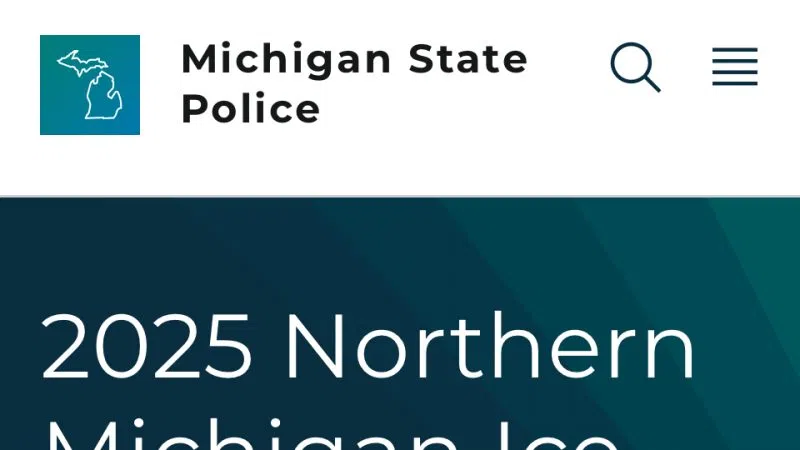For the first time in University history, the Association for the Advancement of Sustainability in Higher Education recognized Michigan Technological University’s sustainability achievements with a STARS Gold rating.
After earning a STARS Silver Rating in 2020, Michigan Tech is one of only five public universities in Michigan to earn gold in 2023. STARS, the Sustainability Tracking, Assessment and Rating System, measures and encourages sustainability in all aspects of higher education. The framework offers points in five categories — academics, engagement, operations, planning and administration, and innovation and leadership — that add up to a final score.
“This accomplishment is a testament to years of work by an active community of faculty, staff and students across campus,” said Alan Turnquist, director of sustainability and resilience at Michigan Tech. “For decades the people of Michigan Tech have worked to advance sustainability in everything from research and teaching to planning and facilities management. We’re proud to finally see all the hard work pay off and be recognized.”
MTU’s overall STARS score of 65.69 places the University in the top 25% of all schools nationwide who submitted STARS reports. The areas for which Michigan Tech received the highest marks include research and teaching, innovation, and planning and administration. Over 200 Tech researchers and instructors across all academic departments are conducting sustainability-focused or sustainability-inclusive research and education, creating knowledge and solutions for a more sustainable world.
According to Turnquist, one of the major factors leading to MTU’s gold rating was the administration’s commitment to expanding short-term sustainability initiatives by giving them long-term direction and institutional investment. STARS ratings are intentionally designed to show how serious an institution truly is about sustainability, not just how well they talk about it. Universities who get the highest ratings do so only by setting sustainability goals and committing tangible resources to achieve them.
“Since the launch of the Tech Forward initiatives in 2018, Michigan Tech has been very intentional about sustainability,” said Turnquist. “We not only included sustainability in the University’s strategic plan, we also created an office and a full-time position solely devoted to campus sustainability. That kind of investment of resources and intention is exactly what AASHE rewards in the STARS ratings, because ultimately that is what makes sustainability on campus a reality.”
A number of campus sustainability initiatives have contributed to Michigan Tech’s STARS Gold recognition, including many energy savings and climate mitigation efforts that have reduced the University’s carbon footprint by over 25% since 2017. Nearly 140 tons of material each year are diverted from the landfill thanks to a number of campus reuse, recycling and waste reduction programs, including:
- The Husky Food Access Network food pantry.
- The Clothing Closet free store in Douglass Houghton Hall.
- The Husky Exchange program, which gathers unwanted items from students as they move out of residence halls in spring for donation to local organizations or for reuse by students in the fall.
“Achieving the STARS Gold Rating reflects the significant and ongoing collaborative work of campus stakeholders. It also reflects the University’s commitment to building the architecture of excellence. This rating exemplifies our commitment to making incremental and persistent efforts to improve our sustainability and resilience, which will drive new practices and yield the outcomes expected of a flagship technological university.”
Michigan Tech offers faculty incentives for creating courses and building research around sustainability initiatives. Project-based learning initiatives across campus also provide students opportunities to solve real-world sustainability challenges while working on interdisciplinary teams. The University also instilled sustainability into the intellectual foundation of its many centers and institutes of transdisciplinary research, from the Health Research Institute to the Ecosystem Science Center.
“Michigan Tech’s institutional culture supports high-impact transdisciplinary research leadership in sustainability and resilience,” said Chelsea Schelly, professor of sociology and director of research in the Center for Innovation in Sustainability and Resilience. “This provides opportunities for researchers across campus to address sustainability and resilience challenges by bridging social, ecological and engineering sciences to contribute to a more sustainable and socially just future.”


























Comments